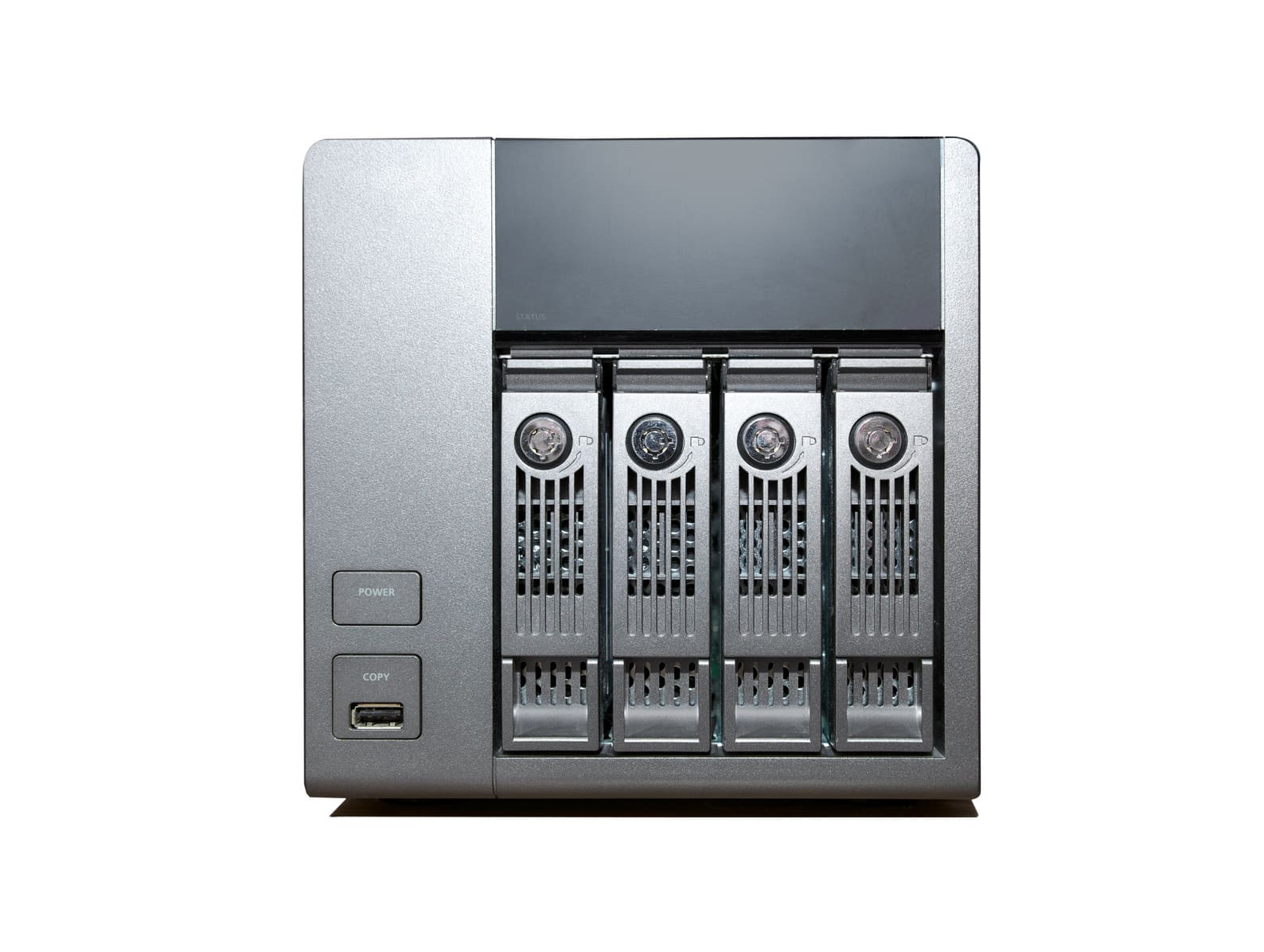Every business that operates in Fort Lauderdale has become all too familiar with the various disasters that befall the region. For example, hurricanes are a very common and potent problem in this area. The loss of valuable information compounded with physical destruction results in between 40 and 60% of small businesses never reopening after a hurricane. Hurricanes combined with hardware system failures, cyberattacks, and human error are all reasons to examine the benefits of a disaster recovery plan for Fort Lauderdale businesses.
What is a Disaster Recovery Plan?
In terms of business, a disaster recovery plan is a documented, systematic means of restoring a company’s operating capabilities and/or data after a disaster has damaged the physical or digital aspects of the business.
Disaster Recovery Plans Instill Confidence in Customers
Any company will (rightfully) lose customers if they are unable to protect their data. When securing clients for your business in Fort Lauderdale, a disaster recovery plan can be framed as a measure to reduce their risk by choosing to work with you. The ability to securely back up and maintain customer data off-site or use secure Cloud systems will bolster a client’s confidence in your business. They’ll understand that storms, fires, or cyberattacks will not prevent you from keeping their information safe
Off-Site Backup Facilities Restore Processes Almost Immediately
Hardware losses are a gut punch for many businesses. Depending on a company’s needs, a disaster recovery plan could simply back up data from hard drives. This allows the business to get their data back as a minimum standard of safety. However, more critical, driven businesses can consider hot and cold sites for their needs. A hot site is a secure, off-site location that has all the hardware and software that a business needs to step into the area and get back to work immediately. Cold site facilities are secure and can be stocked with hardware. However, requires further setup before the business can resume.
These different levels of preparedness provide companies with several options for maintaining their business and getting started after a disaster. At a minimum, this protection will restore lost data. However, full coverage allows workers to get back to business as soon as possible.
Next-Generation Cyber Security Ends Threats Before They Start
Unless a business is specifically positioned to provide unique and valuable information, the chances are good that it won’t be directly targeted by cybercriminals. The best thing to do is make the company the least viable target for hackers and corporate espionage. Thus, it will be passed over to more opportune targets. Furthermore, implementing physical security measures and industry-specific cybersecurity suites can cut down on the potential for loss in your business. Additionally, maintain backups of valuable data in storage not connected to the original source.
Preparing your business for a loss requires thinking about the unthinkable. Unfortunately, Fort Lauderdale has a seemingly omnipresent threat of damaging hurricanes along with the typical threats to business. Fortunately, working with local businesses like Bluwater Technologies, a Wheelhouse IT company, to put a disaster recovery plan in place can prevent the worst from happening after a catastrophe. Using this local company that understands the difficulties of operating in this market, any small or medium-sized business can prepare for the worst. Then, customize their plan to suit their specific needs.
Call us at (954) 474-2204 or click here to request a quote.





